7. Finding Home

Human trafficking is a widespread issue affecting not only impoverished countries but first-world empires. Unfortunately, those without direct experience may perceive the real-life sale of humans as so foreign a concept as being unreal. Finding Home plants the viewer directly in the conflict.
The three women featured in Finding Home have had direct experiences. Born into sex trafficking in Cambodia, their past ordeals are disclosed and their new identity as human beings instead of commerce is the film’s focal point, and a transition that all the women work to accomplish. Along with the main subjects, the director documents an entire orphanage of former sex slaves who are all trying to adjust to a world of normalcy while dragging the chains of past atrocities too heavy to measure.
Finding Home is a brave look at some of the bravest women on an exploitative planet.
6. Lake of Fire
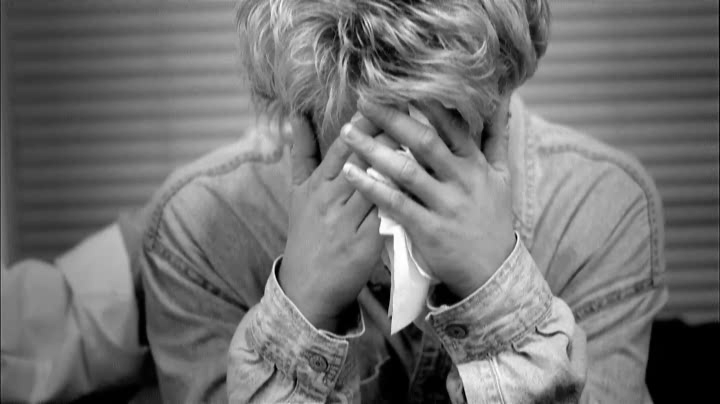
Balanced is the universal word to describe Lake of Fire. And while the documentary does take a startlingly balanced look at a contentious issue, few people will leave the movie content with their position.
Lake of Fire is about abortion. Made by American History X director Tony Kaye and shot in a gritty, black-and-white style, the film tells the stories of people on all sides of the debate, from the pro-life murderers of abortion doctors, to the “murderers” of infants, with each believing the other to be evil.
Following the people and events of seminal historical moments, like the abortion clinic bombings and the Roe v. Wade ruling, Lake of Fire pairs science and reason with the stark reality of mutilated and decapitated fetuses, the sight of which turned Norma McCorvey, the “Jane Roe” plaintiff who helped legalize abortion, into a staunch anti-abortionist.
Though the arguments may affirm the pro-choice side, the brutal truth of the procedure is guaranteed to make the most strident abortion advocate queasy.
5. The Act of Killing
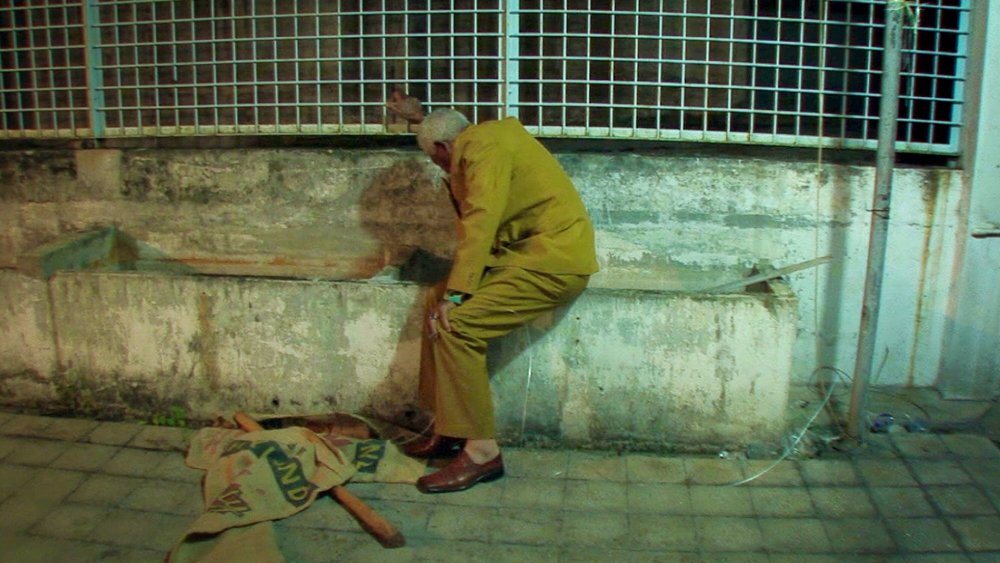
As one of the most artistic documentaries, The Act of Killing juxtaposes horrifying subject matter with beautiful aesthetics to highlight the former.
This multi-layered documentary gives insight into the atrocities committed during Indonesia’s Communist purge by using the actual perpetrators as actors in a recreation of these events. The “actors” are initially more than happy to dramatize their roles in a historic revolution, seeing themselves as heroes instead of villains. But because the mock-film puts the actors in both perp and victim roles, this re-living of events through the eyes of their victims causes a change to occur to some. Perspectives shift, and the assurance with which many have lived crumbles.
In giving genocide a celebratory treatment, the absurd position of the villains is illuminated and the result is incredibly disturbing.
4. Titicut Follies
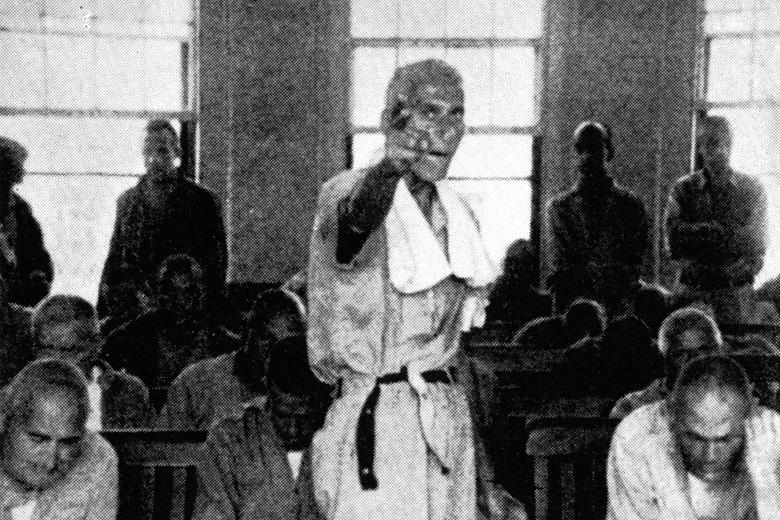
It’s a film so unrelentingly brutal that it took 24 years to be legally authorized for general release in the United States.
Titicut Follies, completed in 1967, records the patients at Bridgewater State Hospital, an institution in Massachusetts for the criminally insane. The standard of care depicted in the film would not be acceptable for a dog pound today. The patients are treated like animals, brutalized to such a degree that the U.S. government censored the film for decades.
There are scenes of patients being stripped against their will; being mocked and taunted; and there is one memorable scene where a doctor forcefeeds a patient through his nose while nonchalantly smoking a cigarette. There is no narrative, no narration, just barbarity and, at best, apathy.
The documentary shows how recently mental illness was vilified, treated as a novelty reserved for the inhuman, and also serves as a lamentation on the power imbalance between doctors, patients, and institutions which continues to this day.
3. The Corporation
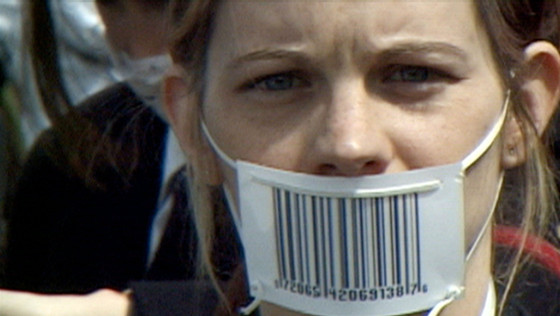
This film looks at the omnipresent but surreptitious corporations as a living, breathing entity. And what it discovers is a monstrous parasite that has dug its roots into all facets of society.
“The Corporation” is tracked from conception to monopolization through hundreds of years of legal and ethical fraud. The dishonest practices of businesses and businessmen are realized and expounded, while the government and consumers are revealed as the active bystanders who’ve enabled the corrupt system to be the most powerful institution in America and many other countries. The Corporation makes it clear that the logical outcome of Capitalism could be nothing else but a system that treats wealth above morality, and we, who constantly feed the parasite, shouldn’t be surprised.
It’s a movie that forces an alternate perspective, as it becomes hard to look at your friendly neighborhood businesses the same way.
2. Child of Rage
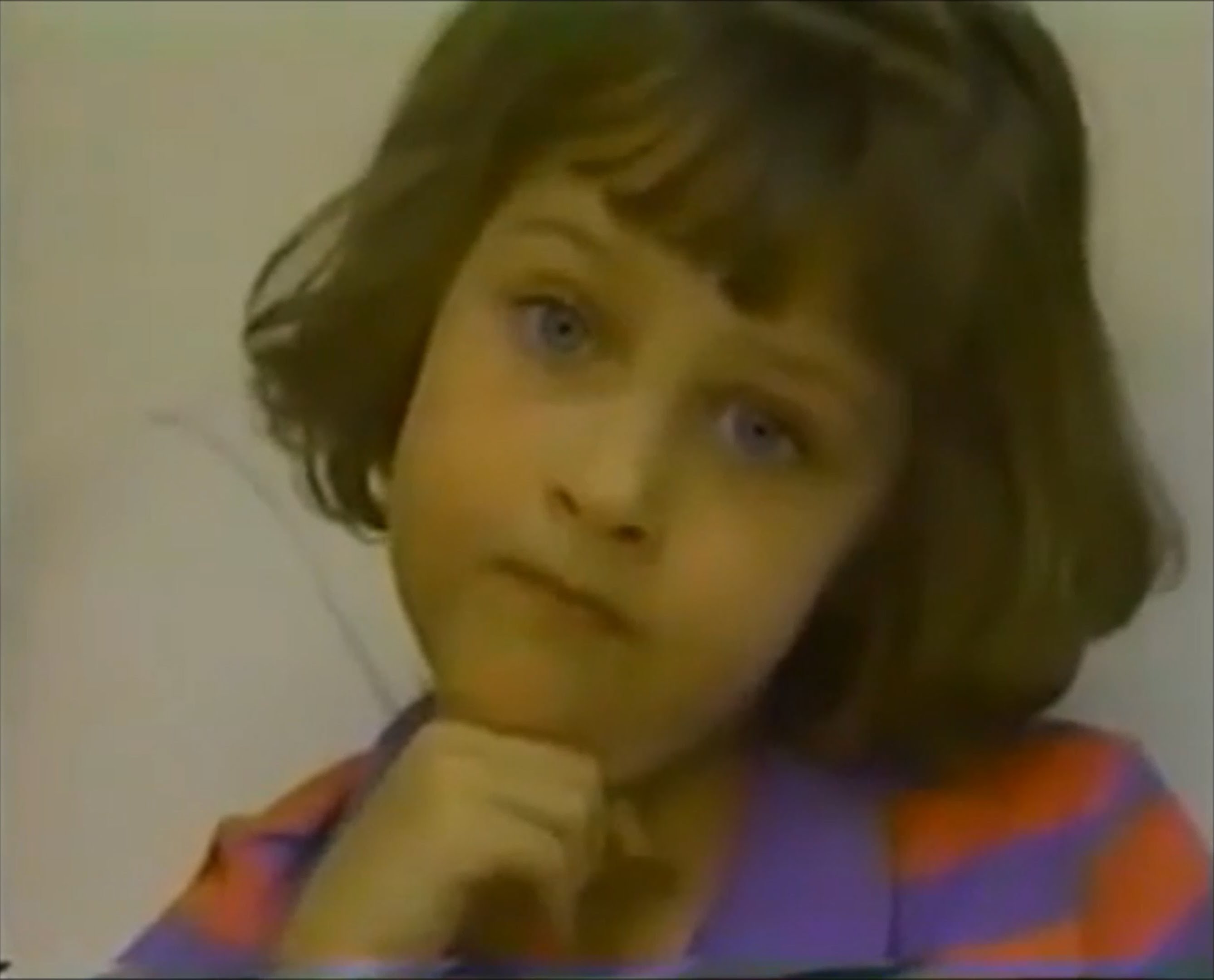
If you’ve ever doubted the grave effects that childhood abuse can have on an adult, you’d be shocked to see the immediate transformation it does to a six-year-old. Beth, the child in Child of Rage, is already a psychopath. A monster, you may call her, but one forged by abuse.
Children do not have “selves” till much older; until then they’re simply a canvas for their parents. Beth’s canvas is hard to look at. This short documentary drags unbearably as the girl describes with cold honesty and childish garrulity the abuse she suffered at the hands of her father and the abuse she has in turn done to her baby brother—because she doesn’t know any other way. At the time of filming, Beth had been adopted by good parents and the documentary details the difficultly Beth has in adjusting to a new and stable environment.
Luckily, there’s a happy ending to Beth’s story. She is, by all accounts, an undamaged adult, who works as a nurse and therapist for children who have suffered similar circumstances.
1. Earthlings
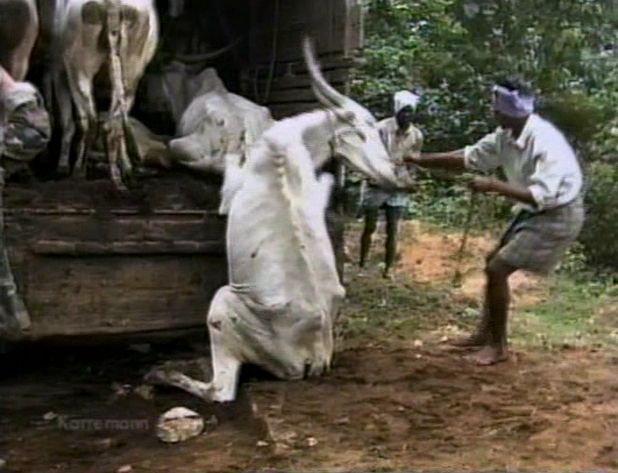
Earthlings is basically a compilation of animal cruelty, but boy is it effective.
The purpose of the film to show the unnecessary cruelty levied on animals for the use of food and items we can get elsewhere or from other methods. It’s a hour and a half guilt-trip, filled with more barbaric human-inflicted acts of animal cruelty than one wants to believe, including foxes getting skinned alive, dogs killed in gas chambers, and monkey’s tortured in scientific experiments.
The life-changing power of this movie is not speculation. Numerous people have become Vegan after watching Earthlings. Just a quick google search is all the confirmation you need.